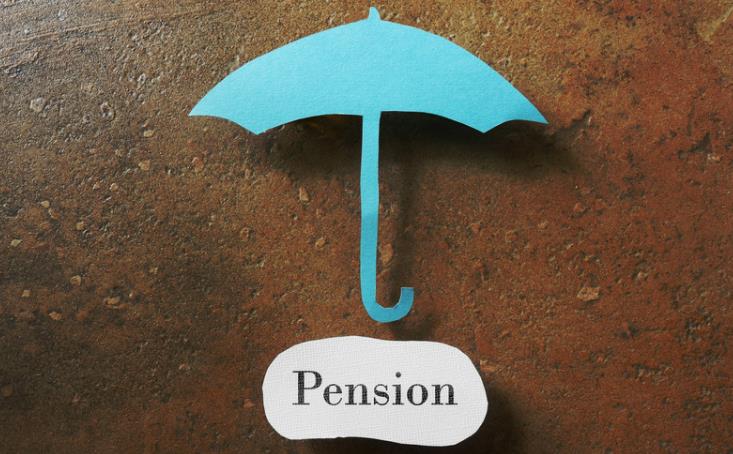Table of Contents
We continuously advise people they should regularly check their pensions. However, that proves challenging if you have lost track of an old pension. Moreover, if you are unaware you have old pensions, you could miss out on thousands of pounds of retirement funds.
Therefore, this article aims to inform you on how to locate old pensions, value them, and your options for what to do with them.
How To Locate Old Pensions?
Losing track of an old workplace pension or personal plan isn’t the end of the world. Tracing old pensions is relatively straightforward, and you can start your search on the government website. To get started in this service, you only need a few basic personal details or information about your previous employer if you’re tracing a workplace pension.
 Of course, you may not have time to conduct a search or consider it too much hassle. In this situation, consider using a regulated financial advisor to locate misplaced pensions on your behalf. Once they’ve found your pension, a financial advisor can help value them and explain your various options. Check out Portafina.
Of course, you may not have time to conduct a search or consider it too much hassle. In this situation, consider using a regulated financial advisor to locate misplaced pensions on your behalf. Once they’ve found your pension, a financial advisor can help value them and explain your various options. Check out Portafina.
Valuing Your Pension
Losing track of an old pension suggests you no longer contribute to it. Therefore, it is unlikely to have grown significantly since your payments ceased. However, your pension could contain a significant amount of money, rightfully yours. Valuing your pension is crucial to help you decide what to do with it. For instance, should you leave your funds where they are or transfer them to another scheme?
When valuing your pension, you should not merely look at the amount. Some pensions have features and benefits others lack.
 For instance, many offer you the opportunity to access your funds from 55, but not all plans do. Therefore, consider such benefits when valuing your pension. Another thing to consider is the management charges your pension incurs.
For instance, many offer you the opportunity to access your funds from 55, but not all plans do. Therefore, consider such benefits when valuing your pension. Another thing to consider is the management charges your pension incurs.
Older pension fees tend to be higher as many don’t fully utilise the latest technology. Such high costs can erode your pension funds over time. Again, consider these fees when valuing your pension. Valuing your pension is not just about looking at the pound sign; more is involved. If you find dealing with pensions complex, as many do, consider using a financial advisor to value your pension.
Why Might You Transfer Your Pension?
As we mentioned above, one of the reasons for transferring your pension funds to another scheme is due to the benefit of Pension Freedom. Also known as pension release, these were introduced in 2015, giving people greater flexibility in accessing their funds.
 If your pension doesn’t qualify for these benefits, you might consider transferring your funds. However, a pension transfer might not be your best option. Therefore, you should consult a regulated financial advisor to discuss your options before deciding.
If your pension doesn’t qualify for these benefits, you might consider transferring your funds. However, a pension transfer might not be your best option. Therefore, you should consult a regulated financial advisor to discuss your options before deciding.
More on Pension Release
Pension release enables you to access your pension funds from age 55. You have various options for taking your money, including the following:
- A 25% tax-free cash lump sum.
- Further (taxed) lump sums.
- Leave all or part of your funds invested in providing a retirement income.
Although the prospect of a significant cash “windfall” at age 55 might seem appealing, you should consider the potential implications. For instance, taking too much money from your pension pot might leave you short of income later in your retirement. Also, taking more than your tax-free allocation could present you in financial excesses with a significant tax bill but there is a way you can avoid paying tax on your pension.
Once again, a regulated financial advisor can talk you through your options before you make a decision.
Can You Restart Contributions to an Old Pension?
Potentially, yes, but it depends on the original pension terms. Also, restarting contributions may not be your best option. This option is something else you should ask your financial advisor to look into.



